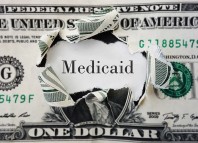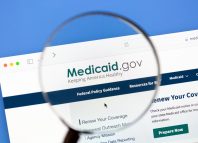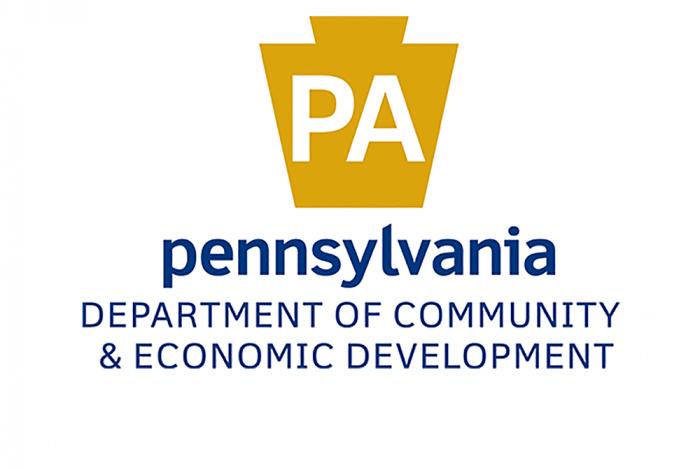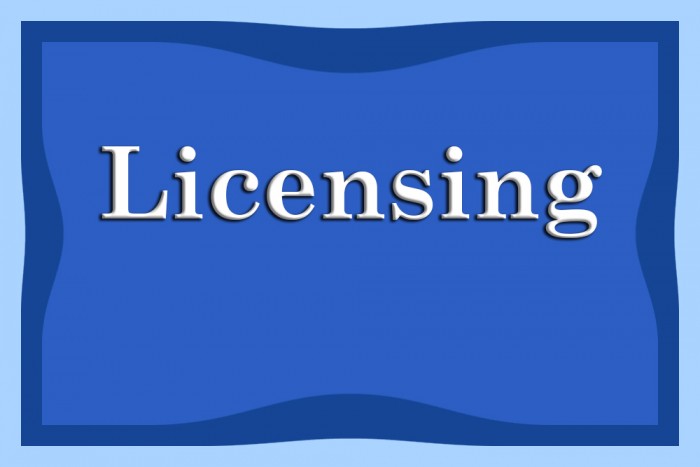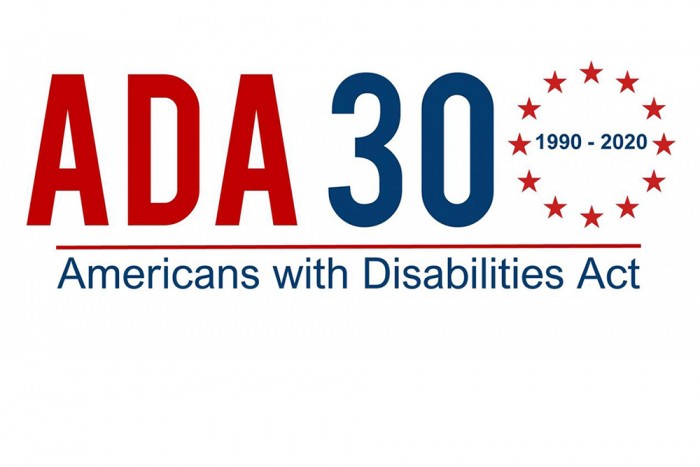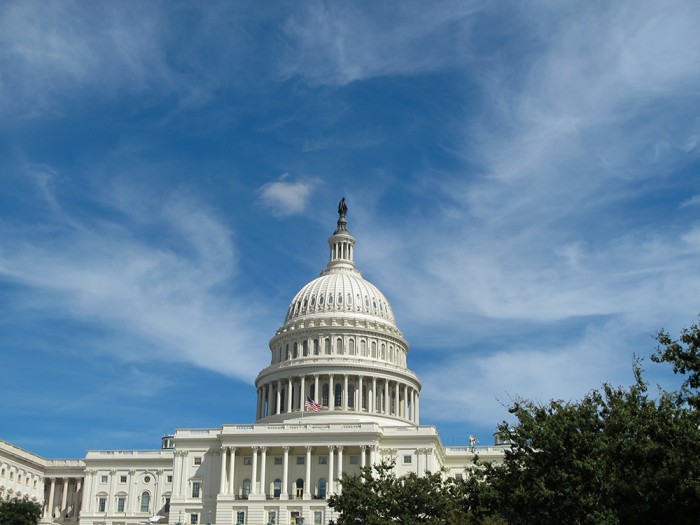On March 6, 2020, Governor Tom Wolf issued a Proclamation of Disaster Emergency (“the Disaster Proclamation”) to enable agencies to respond promptly to address the 2019 Novel Coronavirus (COVID-19) pandemic. With the Governor’s authorization as conferred in the Disaster Proclamation, on March 30, 2020, DHS announced that it “will not be conducting any annual licensing inspections until Governor Wolf lifts the current Proclamation of Disaster Emergency for COVID-19 or until such other time set by DHS” to support the Commonwealth’s efforts to prevent transmission and spread of COVID-19. In doing so, DHS suspended 62 P.S. §§ 911(a)(2) and 1016, to the extent those statutory provisions may be interpreted to require annual on-site visits, and the regulation at 55 Pa. Code Ş 20.31 (relating to annual inspection), which explicitly requires that DHS conduct an “on-site inspection of a facility or agency at least once every 12 months.”
DHS is responsible for enforcing licensing regulations intended to protect the health and safety of people who are served in licensed settings. Enforcement is primarily achieved by conducting annual on-site inspections of each setting to ensure that the licensee is in full compliance with all applicable regulatory) requirements. Regulatory requirements are applied and enforced by the following DHS program offices:
- Office of Child Development and Early Learning (OCDEL)
- Office of Children, Youth and Families (OCYF)
- Office of Developmental Programs (ODP)
- Office of Long-Term Living (OLTL)
- Office of Mental Health and Substance Abuse Services (OMHSAS)
DHS remains committed to preventing and containing the spread of COVID-19. As the Commonwealth reopens in accordance with the Governor’s Process to Reopen Pennsylvania, DHS has resumed annual on-site inspections of licensed settings.
To balance the need to contain the COVID-19 virus with the responsibility for regulatory oversight and enforcement of licensed settings, DHS may apply alternative techniques for annual inspections that do not require an on-site presence in the licensed setting and when an in-person presence in the facility may contribute to the spread of COVID-19, e.g., a participant, consumer, or staff person has tested positive or is suspected to have COVID-19 in the past 21 days.
Alternative techniques include, but are not limited to, the use of videotelephony and file-sharing applications that will allow for real-time observations of conditions at the licensed setting. Use of these techniques will ensure that regulatory compliance is maintained in a manner that does not contribute to the spread of COVID-19.
Additional information regarding the application of these techniques for annual inspections will be communicated to the field by DHS program office before the inspections takes place.
This suspension will remain in place only while the Disaster Proclamation remains in effect or such other time as DHS directs. DHS will continue to conduct complaint, incident, and protective services investigations on-site.
Please contact your regional licensing office for any questions.

